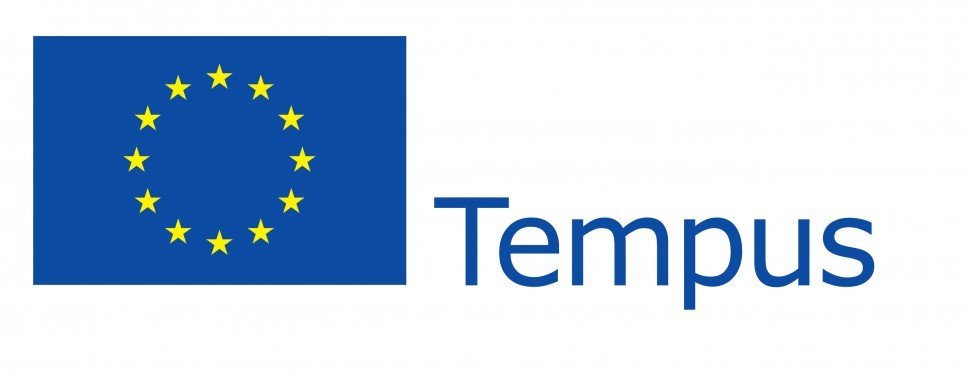TEMPUS

Tempus is the European Union's programme which supports institutional cooperation between the EU and Partner Countries and focuses on the reform and modernisation of higher education systems in the Partner Countries of Eastern Europe, Central Asia, the Western Balkans and the Mediterranean region. In addition to institutional cooperation Tempus also promotes a ‘people to people’ approach.The Program also aims to promote voluntary convergence of Partner Country higher education systems with EU developments in the field of higher education.
Tempus, which was establoshed in 1990 as the program for the most balanced cooperation and improvement of higher education in the EU Member States and Partner Countries, today covers a total of 27 countries in the Western Balkans, Eastern Europe, Central Asia, North Africa and the Middle East.
Tempus Programme finances interuniversity cooperation in the field of development and improvements of curricula, university governance, interaction between academics and civil society, cooperation between education and business, as well as structural reforms in higher education.
Three types of actions are financed by TEMPUS:
■ Action 1: Joint Projects promoted the exchange of knowledge and know-how between EU universities and institutions in the Partner Countries and between Partner Country institutions themselves.
■ Action 2: Structural Measures contributed to the development and reform of education institutions and systems at national level in the Partner Countries.
■ Action 3: Accompanying Measures involved dissemination and information activities related to Tempus projects. The Action also supported the network of Higher Education Reform Experts and National Tempus Offices.
Objectives of Tempus projects:
■ Curricula reform: (modernization of curricula under European Credit Transfer and Accumulation System (ECTS) among subjects – according to the listed ones in competitive documentation – Subject Area).
■ Improving governance processes in system of higher education: (university governance and student service, institutional and financial autonomy, introduction of quality assurance mechanisms, equal and transparent access to higher education, development of international relations).
■ Strengthening the links between education and society: (training non-academic university staff, cooperation with enterprises, training courses for public servants (ministry, regional and local authorities), lifelong learning, Knowledge Triangle: Education – Research – Innovation, qualification frameworks).
Areas concerned
■ Education - Training, Co-op & Development
Who can apply
■ Local and Regional authorities, Corporations, Training centres, Administrations States, SMEs, Universities, Non-profit organisations
Regions
■ European Union, Candidate countries, New Independent States, European Economic Area, Mediterranean countries, Asia, Balkans
Usefull EU-Links
■ European Union: http://europa.eu/
■ EACEA: http://eacea.ec.europa.eu/index_en.php
■ TEMPUS Programme: http://eacea.ec.europa.eu/tempus/
■ European Commission: http://ec.europa.eu/index_en.htm
■ European Parliament: http://www.europarl.europa.eu/
■ European Council: http://www.european-council.europa.eu/
■ Europe Direct: http://europa.eu/europedirect/index_en.htm
■ Eurodesk: http://www.eurodesk.org/edesk/

